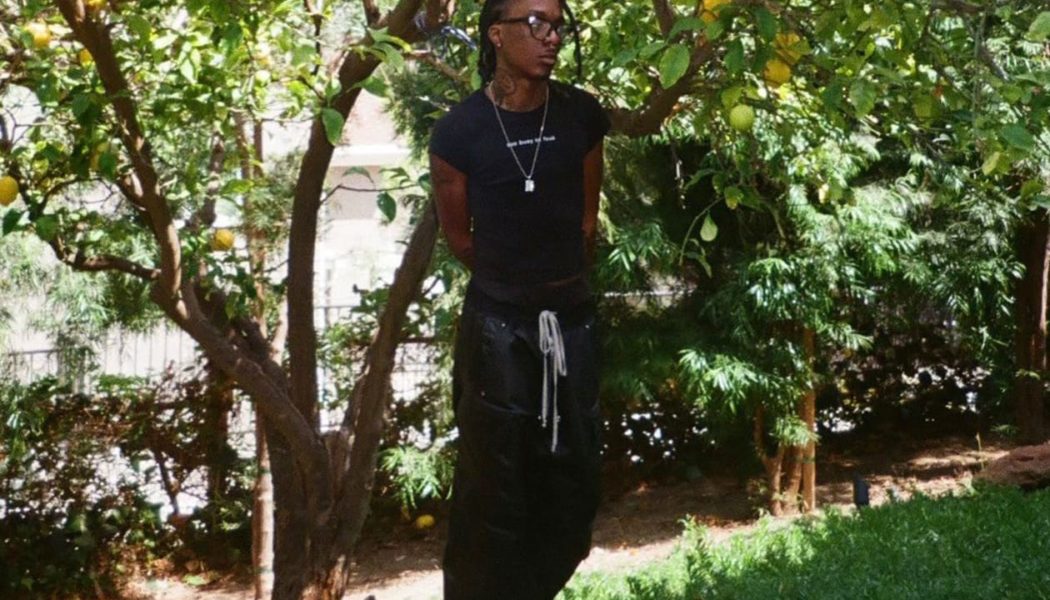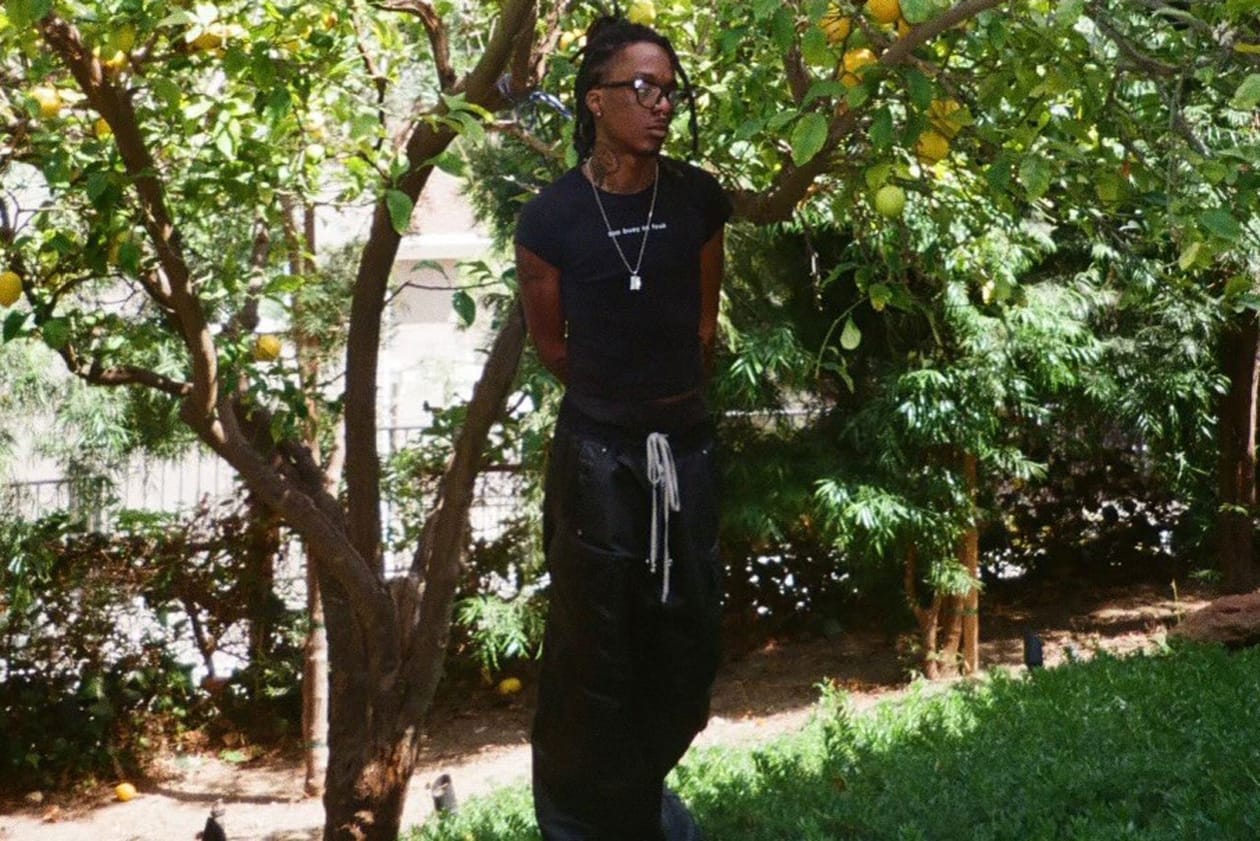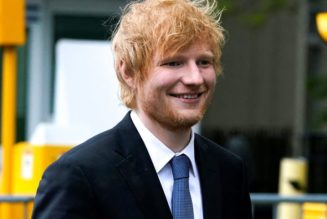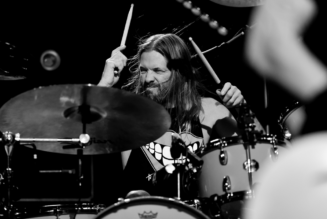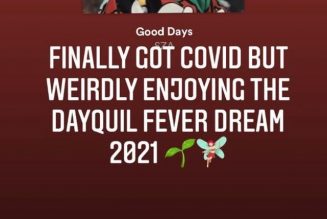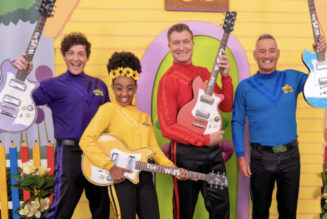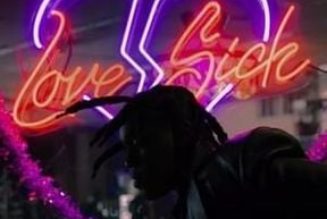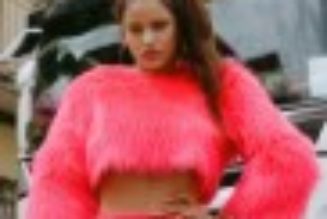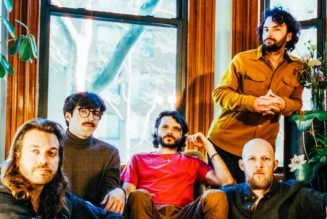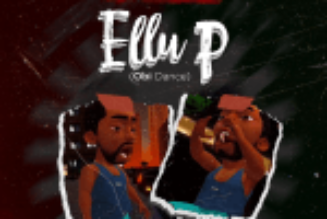You are reading your free article for this month.
Members-only
For Pride Month, Hypebeast is rolling out a series of conversations with LGBTQ+ artists on how their identity informs their artistry.
skaiwater doesn’t mind labels – they’re just not going to confine to them.
The nonbinary Nottingham-born artist is fine with people referring to them as a “rapper,” they just want you to know that there’s “so much more to [their] music than that.”
At just 21 years old, skai has packaged the personas of different corners of the internet into an impressive three-year discography, complete with one studio album, a handful of EPs, a Lil Uzi Vert collab and, most famously, Lil Nas X’s first-ever feature on the “light!” remix back in April.
“That was a big jump for me in how open I was. Everyone just seemed to … get it after that song,” they laugh.
In the past year alone, skai has translated their life into an impressive lineup of solo studio singles, including “good things 2” with tana, “rain,” “emo hotel” and most recently, “wna torture me tn?” with KARRAHBOOO.
With their sophomore studio offering gigi just around the corner, skai shared more on their journey.
Introduce yourself.
Well first off, Happy Pride. My name is skai and I’m a nonbinary artist from Nottingham, currently living in LA.
Could you share more on your experience as a nonbinary artist?
Every day is a new day for me. When it came to my identity, I never had a problem with understanding myself or even accepting myself — I just never really had the verbiage to define it. Once I got out of Nottingham and started traveling for music, my eyes were opened so much more. I got more education on queer communities throughout the world.
Did you ever feel it was difficult to establish yourself as a nonbinary artist in the rap space?
I was never really uncomfortable with being myself. Somebody’s gotta [be me]. I never really felt like I had to define myself in the rap space specifically, but I think we’re still so early in the era of queer rap and people being accepted in that space. Back when I was growing up, no one was outwardly queer; people would just theorize which rappers they thought were gay or not.
“If I had to put a label on it, I’d label myself a rapper. Or at least I’m trying to be a rapper.”
How would you describe your sound?
I think, like myself, my sound changes all the time. I pull a lot of references from rap and R&B, so those are probably the closest “genres” I align to. If I had to put a label on it, I’d label myself a rapper. Or at least I’m trying to be a rapper.
How do you feel about the label “rapper”?
I don’t really mind the label but I just think there’s more to my music than that.
What drew you to music?
I grew up in a musical family and I was always surrounded by people who were making music. I was always drawn to the DIY approach, but I never really wanted to be a “musician” per se. It was just something I did for fun. Once I started dropping music and actually seeing firsthand how the game works, I began viewing it as a career. I’m still figuring out the process of taking it more seriously.
Introduce yourself.
What did some of the early tracks you were dropping sound like?
I started just rapping over any and every beat on YouTube. I loved the freedom of YouTube. I was making all kinds of music – whatever I wanted. There were no boundaries. I was taking references from things I grew up surrounded by and adjusting them to my style.
What were some of these early influences?
Drake, Ye, J. Cole. Ryan Leslie also really inspired me production-wise. Melodically, it was stuff like Beyoncé, Rihanna, SZA and Keri Hilson.
Other queer influences?
I love Lady Gaga and the visuals of pop and camp culture. I’m always pulling references from that. Today I just take reference from whenever, wherever.
What was it like working with such a major queer force Lil Nas X on “light”?
That was surreal. It was a big jump for me in how open I was in my identity. Everyone just seemed to … get it after that song.
What can we expect from your forthcoming project, gigi?
[long pause] … I’m trying not to be secretive. It’s a combination of super-left-field sh*t and also things that sound just like the singles.
How do you express your identity through your fashion?
Living in LA has really allowed me to experiment and be open with my style. Back home, I felt more confined. If I was walking around there how I walk around now in LA, I’d draw a lot of attention. Here, it’s easier to tap into more feminine silhouettes – tighter cuts and different proportions. I’m able to carry myself with freedom now.
How do you ensure your music is authentic to your experiences?
Every song is my experience, word-for-word. I go into the studio and try and communicate exactly what’s going on in my head. That’s always been how I’ve approached music, from when I started out making sh*t back in my bedroom. This next project is so authentic to my experience. It’s me playing with both masculine and feminine perspectives and topics. It’s a mix of both. A lot of things go into the identity of a non-binary person, and I try and really reflect that in all of the music. I also want people to know that I’m still on my journey.
